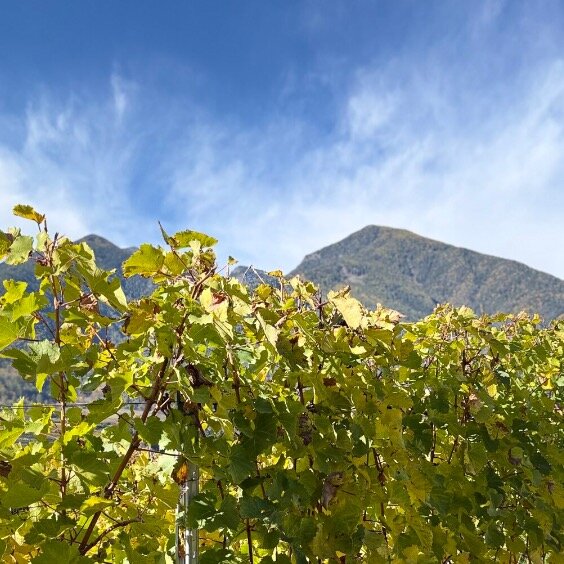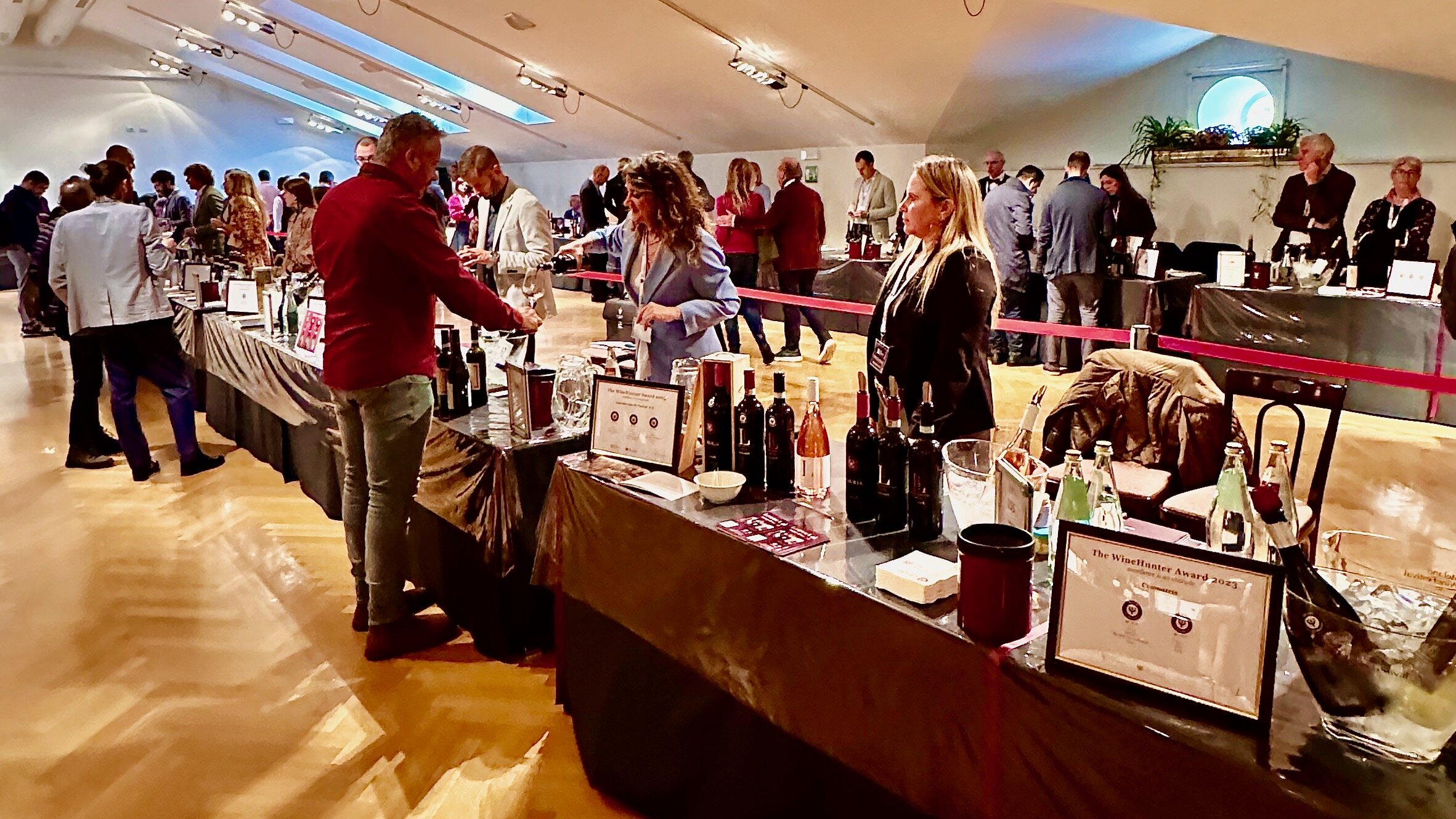The first day of the Merano Winefestival is dedicated entirely to innovative and sustainable wine production. Under the motto "Taste Terroir - Bio & Dynamica," everything revolves around wines where the natural character is at the forefront of cultivation and processing. On November 7, these products will be available for tasting at the Merano Kurhaus.
In recent decades, there has been a significant increase in the number of wineries that, in contrast to conventional methods, have committed themselves to alternative production methods. Organic or biodynamic, to name just two of the most important trends we frequently encounter. But what is the difference?
Well, both approaches are the result of a respect for nature and the winemakers' own habitat, to which they have committed themselves in their wineries. In the production of organic wines, chemical substances are largely avoided in cultivation and replaced by natural means.
Copper preparations are permitted as plant protection, albeit in limited quantities, as is sulphur dioxide, which is responsible for the shelf life of the wines. Organic wines are labelled with the European organic logo. Biodynamics is based on completely different principles.
The basic idea is the philosophy of Rudolf Steiner, who founded biodynamic agriculture at the beginning of the 20th century with his anthroposophical world view. According to the motto ‘Nature helps itself’, the vineyard is transformed into a holistic ecosystem, with the vines being joined by a rich diversity of species, including trees, plants and animals. For example, animal excrement acts as fertiliser and thus strengthens the soil.
In addition, only organic aids that support the natural cycle are used. Biodynamic wines must meet strict requirements and have an organic certificate in order to be authenticated as such by the relevant authorities.
NATURAL WINES
The term sums it up: in the production of these wines, almost everything is left to nature. The winemaker generally refrains from using technical/artificial aids in the vineyard, and during spontaneous fermentation in the cellar, the conversion of sugar into alcohol is left exclusively to natural yeasts, without any human intervention. Only minimal amounts of sulphites may be used. Natural wines are usually unfiltered, not embellished in any way, just as nature intended. Authentic wines that are made unique by the microclimate.
Which wines actually fall into the ‘natural wine’ category has not yet been determined. Since there are no international regulations on this matter, it is, in a sense, left to the discretion of the wine industry. Thus, the following products can also be designated as natural wines:
ORANGE WINE (MACERATED WINE)
This is a distinct style of vinification: wines made from white grapes are produced in the same way as red wines. This means that during processing, the pressed grapes remain in contact with the skins and seeds, and sometimes also with the stems, for a period of time. In addition, typical red wine practices are sometimes used, such as malolactic fermentation. The term ‘orange wine’ sums it up: the colour in the glass tends to range from orange to amber.
PIWI WINES
These wines are made from fungus-resistant grape varieties. They are crosses between European grape varieties and resistant American or Asian wild vines. The advantage: they are resistant to powdery mildew and downy mildew, the two most common fungal diseases in vineyards. Solaris, Johanniter and Muscaris are PIWI varieties that enable organic viticulture, especially as chemical sprays can largely be dispensed with.
PET NAT (Petillant Naturel)
A French expression that means ‘naturally sparkling’. A traditional form of sparkling wine production, whereby the fermenting must is poured into the bottle and then sealed. This is where the spontaneous fermentation ends, after CO2 and alcohol have been produced naturally. Pet Nat wines are mostly natural, cloudy and unfiltered, almost always without added sulphur.




.jpeg)
